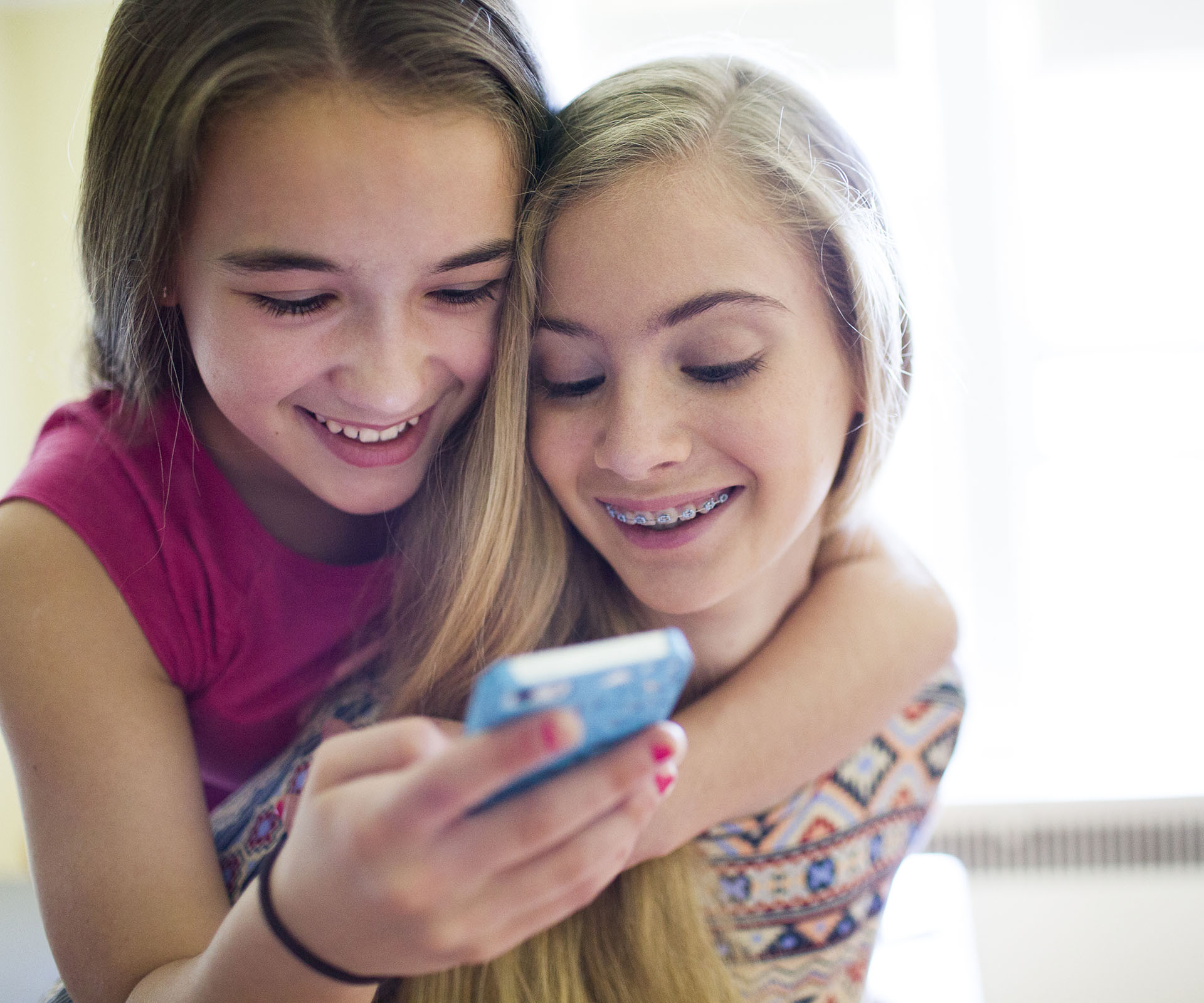Modern technology is fantastic but trying to navigate around it safely can sometimes be tricky – especially when it comes to protecting the privacy of your family.
Facebook, Instagram and other social media websites make it easy for everyone to connect almost anywhere but they also make it convenient for nefarious netizens to use whatever information is shared for shady purposes and when it comes to photos of your kids, you don’t want them getting into the wrong hands.
Here are four ways you can try and protect your children’s privacy and up your family’s cyber safety.
Understand what tagging your location means
In simple terms geotagging is the process of attaching location information to content such as the place where you took a photograph or video – it is one of the components that can make our pictures more “social media friendly.”
Most photos taken these days, especially on digital devices like mobile phones, can disclose the exact location where you took the picture in the meta data of the image. So this means if you took a snap on your smartphone at home a stranger could potentially work out where you live if they got a hold of the image and accessed its data.
One way to protect yourself from indirectly disclosing your location is to disable the GPS on your smartphone or digital device before taking a snap and keeping it off while you upload the picture online that way you can minimise what information you share.
Oversharers beware
One way to best protect yourself is to not make it easy for creeps to get information they need, not only from you, but also your family and friendship circles.
If there is another person or parent you know who is not vigilant about their privacy settings and likes to post a million and one pictures of you and your kids online then edit your privacy settings so you have to approve any posts you are mentioned in before they go live onto your social media – for example on Facebook you have the option to ‘untag’ and ‘hide’.
It might also be worth letting the oversharer know that their cavalier attitude towards internet privacy is risky – get them to watch the movie CatFish – that’ll learn ‘em.
If you’re not sure, don’t post
As far as rules for staying safe online go this is the Holy Grail; If you don’t want pictures of your children on the internet ending up in the wrong hands then don’t post them online.
Your family’s safety is more important than a few ‘likes’ from long lost cousins from overseas. While it’s not likely that you are being targeted by an internet creep they are opportunistic so when they stumble across what are supposed to be innocent pictures of children playing in paddling pools they will take anything they can get.
Dr. Deborah Gilboa, a parenting expert and TODAY contributor, says it’s important for children to also be involved in the conversation about online safety and suggests that when kids become old enough – 7 or 8 – parents should ask their permission to post pictures of them.
“We also want our kids to feel they are in control of what happens to their bodies,” Gilboa told TODAY, adding parents want their children to be able to say, “No, you can’t post that picture of me. Delete that.”
Make sure your kids understand your expectations
Chances are if your children are approaching high school they already have some kind of social media access so talk to them about what kinds of things are not only appropriate to share online, but what is safe.
“The online world is part of our world,” says Gilboa. “We have to engage in these conversations with them and talk about consent and adapt with the times.”
VIDEO: Matthew Perry sparks concern after ‘strange’ TV appearance




.png)